

2019-08-05 13:30:00 Mon ET
stock market competition macrofinance stock return s&p 500 financial crisis financial deregulation bank oligarchy systemic risk asset market stabilization asset price fluctuations regulation capital financial stability dodd-frank
China continues to sell U.S. Treasury bonds amid Sino-U.S. trade truce uncertainty. In mid-2019, China reduces its U.S. Treasury bond positions by $20.5 billion to $1.12 trillion. These Treasury bond positions reach their lowest level or 5% of U.S. government debt in 2017-2019 amid Sino-American trade conflict and economic policy uncertainty. The Chinese Xi administration may use its current status as the top Treasury debtholder as special leverage in the next round of trade negotiations. In response, the Chinese renminbi hovers in the broad range of 6.69x-6.97x per U.S. dollar during the recent time frame. Some investment bankers speculate that as the largest foreign owner of U.S. government bonds, China may implement the nuclear option by offloading lots of Treasury bonds to trigger interest rate hikes in America. These interest rate hikes may inadvertently cause collateral damage to the U.S. economy.
However, Lowy Institute senior fellow Richard McGregor offers the fresh economic insight that China cannot easily manipulate its current U.S. Treasury bond portfolio with no negative impact on the Chinese currency and current account deficit. U.S. trade envoy Robert Lighthizer and Treasury Secretary Steven Mnuchin expect to meet the Chinese hardliners for bilateral trade discussions in Shanghai from late-July to mid-August 2019.
If any of our AYA Analytica financial health memos (FHM), blog posts, ebooks, newsletters, and notifications etc, or any other form of online content curation, involves potential copyright concerns, please feel free to contact us at service@ayafintech.network so that we can remove relevant content in response to any such request within a reasonable time frame.
2017-10-15 07:38:00 Sunday ET
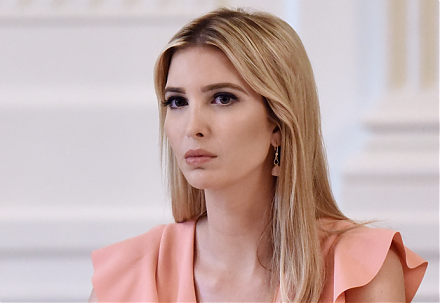
Ivanka Trump and Treasury Secretary Steven Mnuchin both press the case for GOP tax legislation as economic relief for the middle-class without substantial t
2023-10-07 10:24:00 Saturday ET

Thomas Philippon draws attention to greater antitrust scrutiny in light of the rise of market power and its economic ripple effects. Thomas Philippon (20
2018-04-20 10:38:00 Friday ET
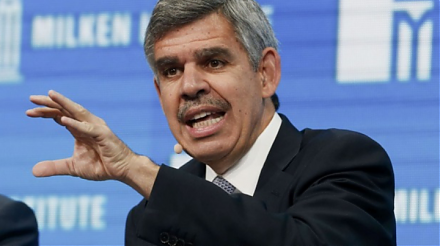
Allianz chairman Mohamed El-Erian bolsters a new American economic paradigm in lieu of the Washington consensus. The latter dominates the old school of thou
2019-05-23 10:33:00 Thursday ET
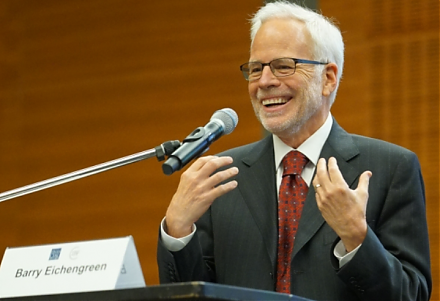
Berkeley professor and economist Barry Eichengreen reconciles the nominal and real interest rates to argue in favor of greater fiscal deficits. French econo
2022-02-22 09:30:00 Tuesday ET
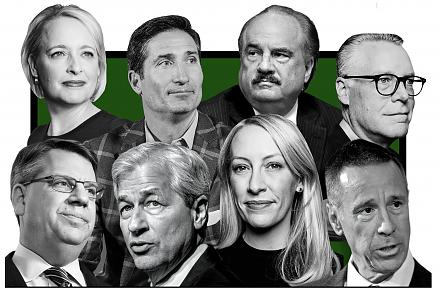
The global asset management industry is central to modern capitalism. Mutual funds, pension funds, sovereign wealth funds, endowment trusts, and asset ma
2017-01-03 03:26:00 Tuesday ET
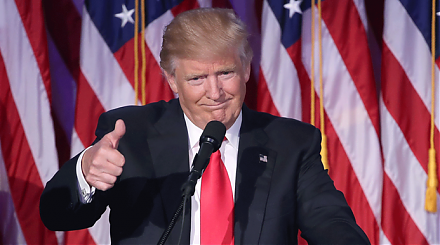
President-Elect Donald Trump wants Apple and its tech peers to consider better and greater high-tech job creation in America. Apple has asked its primary